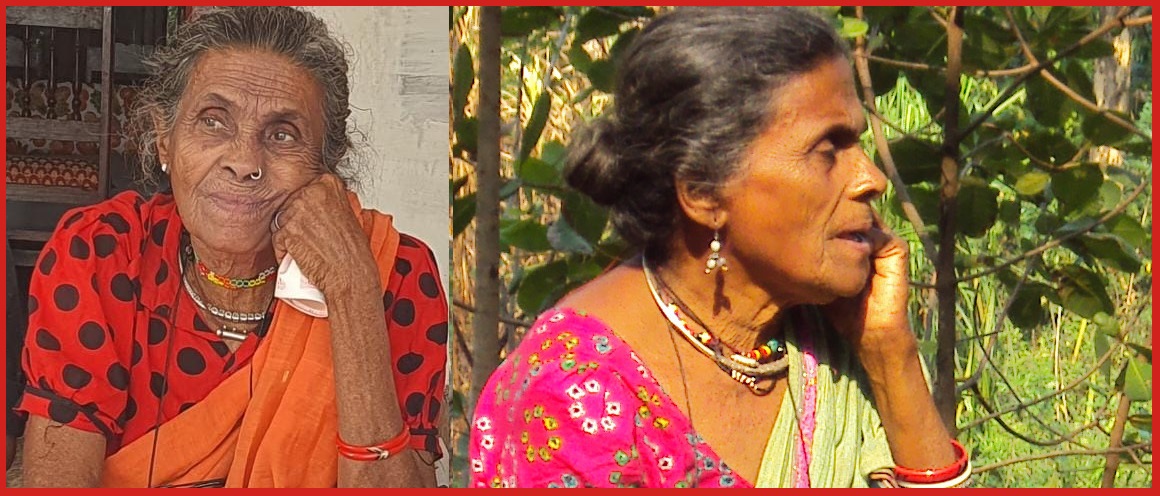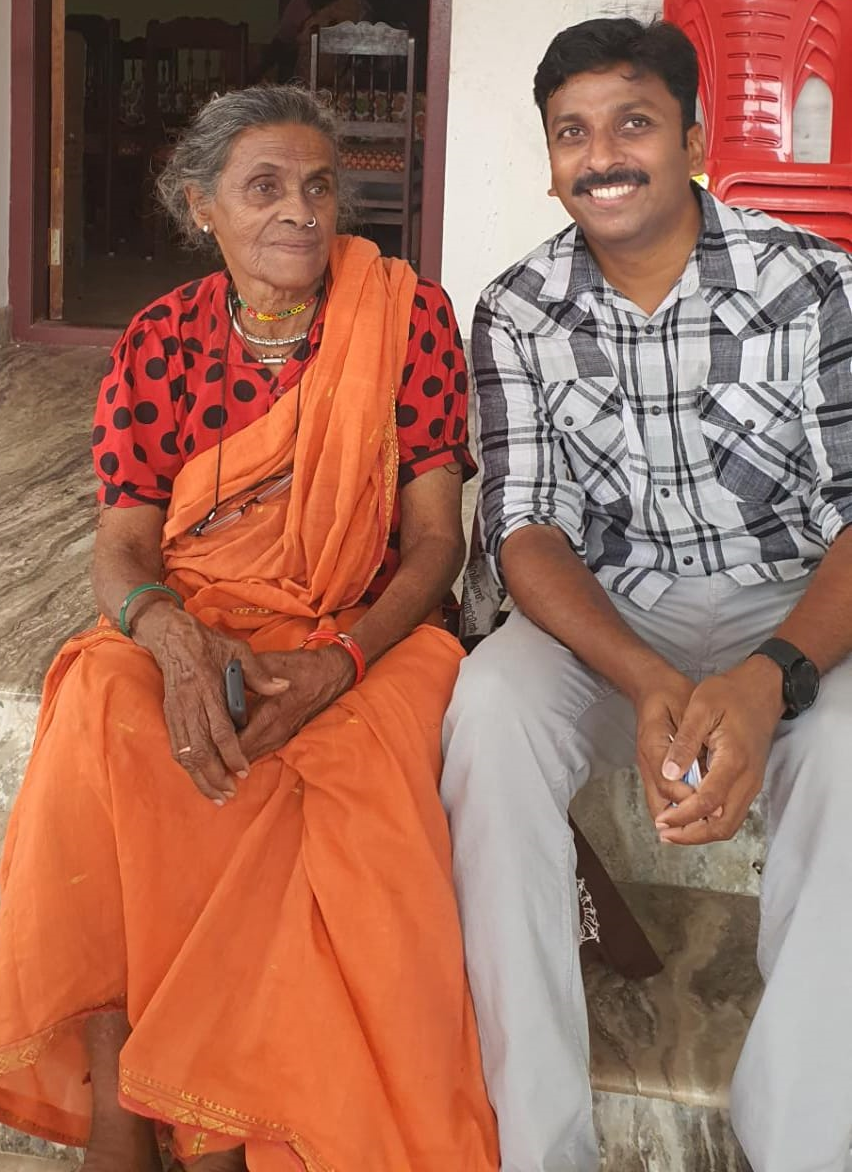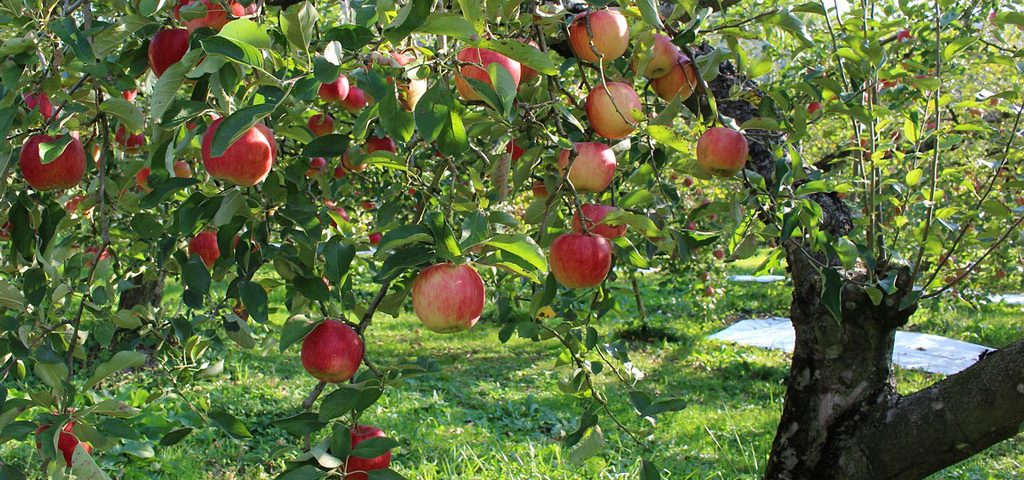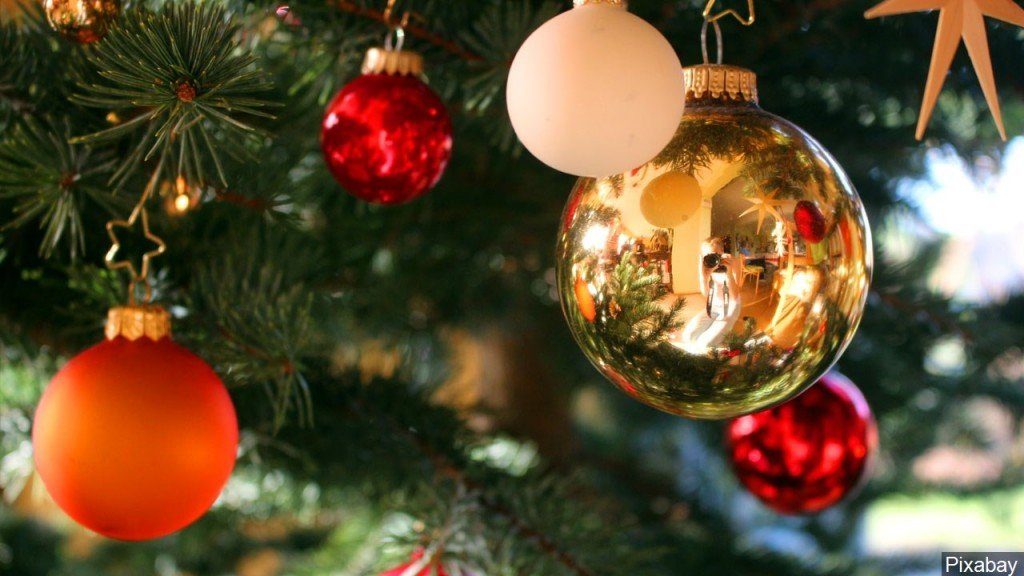Why Daya Bai doesn’t eat apples in India
Daya Bai is know as as Social activist, poet, artist and actor,however she is an environmentalist too. She made Barul Village, Chindwada district in Madhya Pradesh her home, and lives with the Gonds, as one among them, adapting their lifestyle.
Far ahead of time
Daya Bai (82) says that when she was a novitiate in a catholic convent, her mistress used to say “you are ahead of time”. Right from a very young age, she led an environment friendly, minimalist lifestyle, long before the world started talking about global warming and going green. Her stories influenced in the making of movies and documentaries about her.
She gave a Live 20 minute interview on Mentza app for Lifestyle Today News (Malayalam). Here is an excerpt about what she said about climate change, environment and sustainable lifestyle.
Purely organic farming
“Long before the talks began about global warming, almost some 35 years back, when I was in this village, in those days chemical fertilizers had not been used in their farming. They were doing purely organic, natural farming.”
‘Dharti Maa ko Bhukahr hai’ (mother earth is sick)
“After coming to this area (Chindwada) I came to hear the word Dharti Maa (Mother Earth). Once they did a play Called ‘Dharti Maa ko Bhukar Hai’ (Mother Earth is sick). In the play they say, to cure mother earth, ‘Dharti me wapas jao’ (go back to nature), ‘Parkarti sae jud jao'(become one with nature). Which means we are going away from nature and the earth is becoming warm. The only way to heal was to go back to nature, back to mother earth. By saying this the play ended.”
Understanding the science and symptoms of earth
“When I stayed among them, I understood a lot of things. They could feel many things, like when the rain is coming, They could understand the science and symptoms.”
Decided to become a farmer
“I was also working with them as a daily wage earner. When my father expired in 1995, my uncle and brother came and gave me some money. Then I thought, I have become like them (the tribal) in every manner, but I didn’t become a farmer. I only worked with them. So I decided to become a farmer.”
Don’t hurt mother earth by ploughing
“In another tribe, nearby, they don’t even plow. They say that when we plough we cut through the chest of mother earth, we hurt earth. They will just make a small hole in the soil with bare hands to sow the seed, also they will pull out the wild tubers with hands to eat. They have such a close connection with nature.”
Human should coexist like trees in the forest
“Actually I learned from all these only. When I saw this, I thought, when you look at the forest, all kinds of trees live together. No one is in danger from one another. The existence of humans should also be in a similar manner.”
Artistic farmland
Thinking about all these, I started farming. And I started doing everything on my own. Because of my creativity I could make the farmland in a very artistic way. I am not using any chemicals. And whatever is not useful for us, give back to nature. There is a mother, children feeling with the earth.”
Lockdown provided lots of learning about nature
If we go in the way we are going now, we are in very, very big danger. I realized this more during the pandemic, when the lockdown began. I don’t have a radio or newspaper. But my friends used to give me some news about being able to see the moon and the ozone layer becoming clearer.
Make a choice between greed and want
How much we are polluting the earth. I say that we must minimize our needs, as much as possible. All these come from greed, the want. We want more comfort. We have to make a comparison between need and greed and make a choice.
How to lead a environment friendly lifestyle
In Kerala there are so many houses, built just as status symbols, no one is staying there. How much energy is being used for all these. Electricity, maintenance, who is all for. Minimize our needs and go more close to nature. Avoid as much artificial as possible and also plastic. Instead of that there are many things you can use.
What changes in housing should be brought about in the Kerala context?
Avoid as much artificial as possible. In Kasargod, there are laterite stones. I made mud houses, but in Kerala you can make houses with laterite stone, which is locally available. Expenses are also less. Cut and join and it is done. In the brick and plaster house it absorbs more heat. In these houses if you make cross ventilation, it is good.
Eat everything local
Wherever you are, use only local things. Food is also locally available and seasonally available. I never eat apples in India. Because it is coming from outside, it is not seasonal, it is not local at my place. When they transport, to preserve, they may use many things. Eating locally is best for health and the environment. In Europe and America I pick the fallen apple from the tree and eat it. And use as much local materials as possible, local materials for building houses.
Why Daya Bai doesn’t eat apples in India
Daya Bai resides in Madhya Pradesh, and of late she is working for the endosulfan victims in Kasargod, Kerala. The apples in India, grow in Jammu & Kashmir; Himachal Pradesh; hills of Uttar Pradesh and Uttaranchal. She consumes food that is local and seasonal. As apples are not locally available at the places of her residence and work, she doesn’t eat apples in India.







62 comments